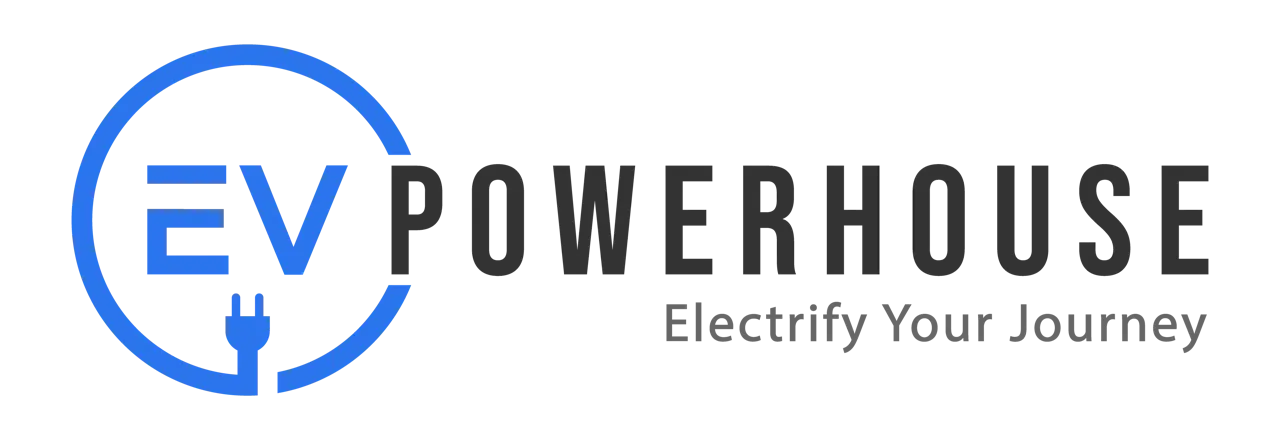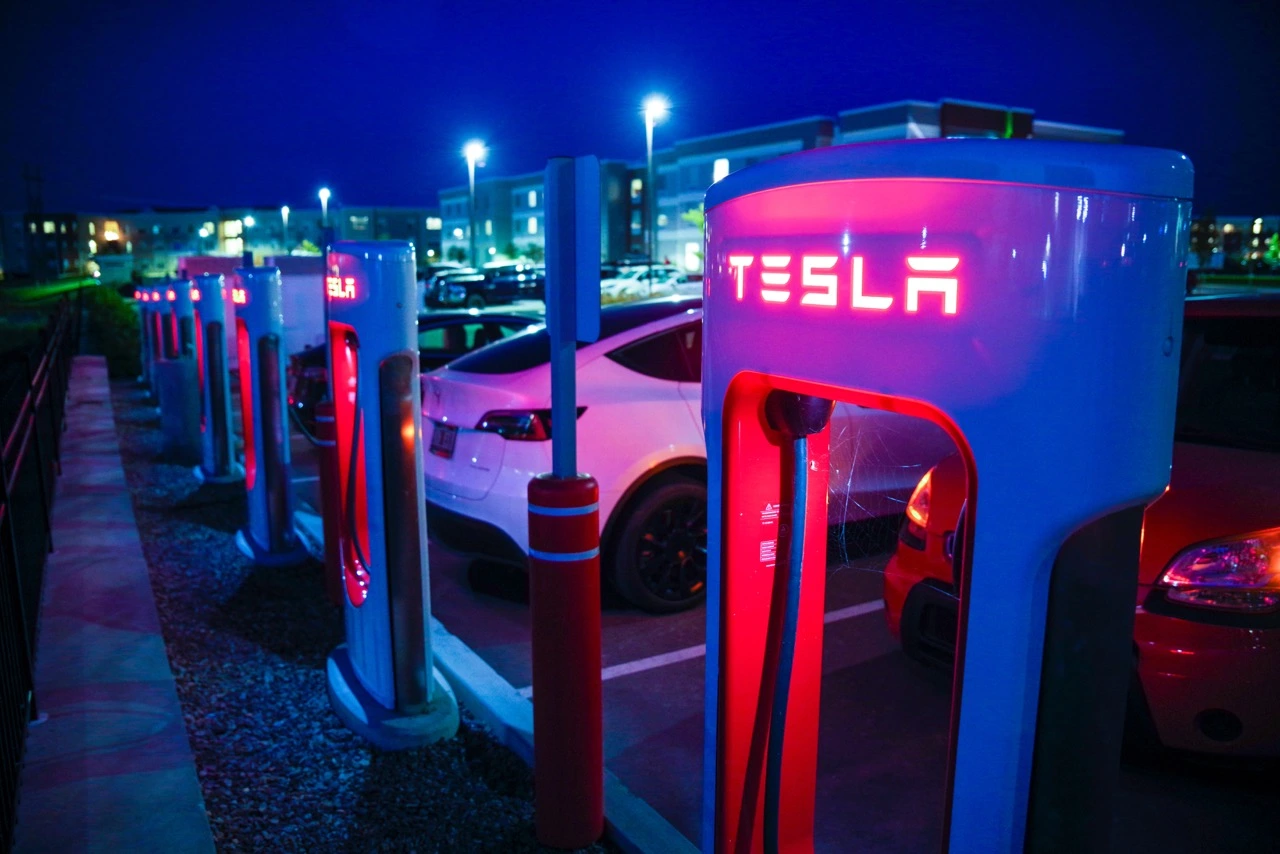Electric vehicle enthusiasts exploring Tesla’s Supercharging network may wonder about the costs associated with charging non-Tesla EVs at these convenient stations. While Tesla has opened its Supercharging stations to non-Tesla drivers, understanding the financial implications is crucial.
Accessibility and Reliability
Tesla now has 33 active supercharging stations opened to non-Tesla drivers. Check out this map for detailed information. Tesla boasts a 99% uptime on its charging infrastructure, making the Supercharger network a reliable choice for route planning. This reliability is especially valuable for those travelling in regional areas where charging options may be limited.
Location-Based Costs
The cost of charging at Tesla Supercharging stations for non-Tesla EVs varies by location. In New South Wales, locations like Bathurst and Berry charge $0.85 per kilowatt-hour (kWh), while in Victoria, Box Hill offers a rate of $0.78 per kWh. These costs can influence the overall efficiency and affordability of long-distance travel for non-Tesla electric vehicles.
| Location | Non-Tesla $ | Location | Non-Tesla $ | Location | Non-Tesla $ |
|---|---|---|---|---|---|
| Bathurst | $0.85 | Tuggeranong | $0.85 | Clare | $0.85 |
| Berry | $0.85 | Mount Gambier | $0.85 | ||
| Blaxland | $0.85 | VIC | Tailem Bend | $0.85 | |
| Campbelltown | $0.85 | Bendigo | $0.85 | ||
| Dubbo | $0.85 | Box Hill | $0.78 | QLD | |
| Hollydene | $0.85 | Brighton | $0.80 | Calliope | $0.85 |
| Knockrow | $0.85 | Cann River | $0.85 | Gympie | $0.85 |
| Narooma | $0.85 | Colac | $0.85 | Rochdale | $0.82 |
| Tamworth | $0.85 | Corio | $0.85 | Toowoomba | $0.82 |
| Tenterfield | $0.85 | Moe | $0.85 | ||
| Mornington | $0.78 | WA | |||
| Shepparton | $0.85 | Margaret River | $0.85 | ||
| Warrnambool | $0.85 | Williams | $0.83 | ||
| Yea | $0.85 |
Tesla Supercharger rates for non-Tesla drivers are often $0.85 per kWh—40% higher than 150kW/350kW rapid charging at other stations like Evie or Chargefox ($0.60 per kWh). Despite the convenience, the higher cost prompts consideration, especially when compared to traditional fuel expenses.
Efficiency and Touring Considerations
Electric cars excel in urban environments, benefiting from regenerative braking. However, on a touring cycle, efficiency is influenced by driving behaviour, inclines, and temperature variations. Tesla’s Supercharger efficiency comes at a price, with an average cost of around $17 per 100km for non-Tesla EVs.
Membership Options and Alternatives
Tesla offers a premium charging membership for $9.99 per month, reducing the rate to approximately $0.70 per kWh. However, even with this membership, other charging alternatives like Evie, Chargefox, BP pulse and more. may offer more cost-effective solutions, especially for larger battery EVs.
Conclusion
In conclusion, while Tesla’s Supercharging network provides a convenient and robust solution, the costs associated with frequent usage can impact the overall value proposition. Understanding location-based rates, membership options, and alternative charging providers is crucial for non-Tesla EV owners navigating the financial landscape of electric vehicle travel. This is why it is recommended to install an EV charger at home for reliable and cost-effective options.

